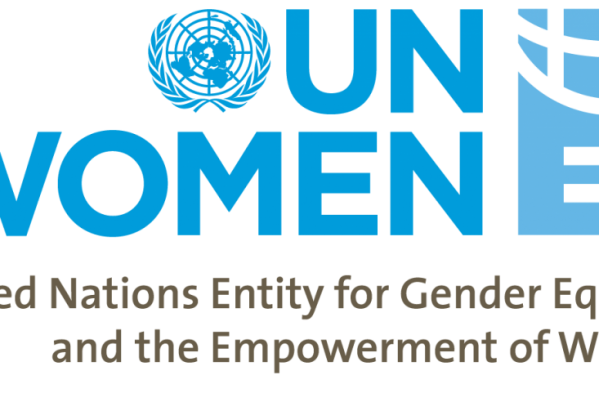Pressure is mounting on the Palestinian side to agree to direct negotiations with Israel. There seems to be unanimous agreement that this is the optimal path to political progress that could lead to an Israeli-Palestinian agreement.
Here we are in dire need of a reality check. The premise of the political process in the 1990s, which peaked during the period encompassing the Camp David summit, the Clinton parameters and the Taba talks, was that on both sides there are legitimate representatives that have the capacity to negotiate, sign, ratify and implement an agreement. Whereas this remains the situation on the Israeli side, a dramatic shift has occurred among the Palestinians.
Since January 2006, with the election victory of Hamas, and certainly since Hamas’ coup d’etat in Gaza in June 2007, the Palestinian side has witnessed an ideological, constitutional and political crisis fueled with blood that led to the split between Gaza and the West Bank. The upshot of this crisis is that the Palestinian leadership does not have the capacity to ratify any agreement signed with Israel, which would inevitably include historic concessions. Neither the PLO’s Palestinian National Council nor the PA’s Palestinian Legislative Council enjoys the legitimacy to take such decisions, as the harmony among territory, demography, the political process and political institutions has broken down beyond repair.
The idea that such an agreement could be ratified by the Arab League is a fallacy as well. That would not only represent a setback to Palestinian self-determination, but would also surrender the outcome of the process to the notoriously destructive nature of intra-Arab politics. This is a valid explanation for President Mahmoud Abbas’ rejection of PM Ehud Olmert’s offers, as well as for his non-willingness to engage in direct talks. He knows better.
Maneuvering the Palestinian polity into a process that may lead to a moment of truth and a need to take historic decisions at a time of unprecedented weakness is tantamount to playing with fuel next to a bonfire. It may lead to a breakdown of the Palestinian Authority and to an irreversible setback for the two-state solution.
Against this backdrop, proximity talks are the optimal format for advancing the political process, for four major reasons. First, and for the first time, there can be accurate documentation of the parties’ interests and positions. This is essential for gradual progress toward a political settlement. One of the major failings of the 1999-2001 Camp David process and specifically of the July 2000 Camp David summit was the lack of such a record.
Second, proximity talks allow for parallel Israel-US and PLO-US negotiations on the bilateral packages that are indispensable and integral to an Israeli-Palestinian agreement or understanding. Third, these talks will serve to educate the American team on the nuanced substance of the process, which will prove to be critical in the final moments of deal-making.
Finally, inability to reach a comprehensive agreement means that the likely outcome of the political process is trilateral back-to-back understandings among Israel, the PLO and the US. These will inform coordinated actions by Israel and the PA in the West Bank with a view to upgrading the PA into a state based on agreed parameters regarding permanent status, thus ushering in a new era of state-to-state relations between Israel and a Palestinian state. This architecture can only come into being through proximity talks, where the mediator is not only note-taking but is actively engaged in policy-design.
Many people, particularly on the left, blame the Netanyahu government as well as the Obama administration for a setback relative to the direct negotiations that Israel and the Palestinians had in the 1990s. Quite the contrary: in the present political climate, proximity talks are the only format that can yield progress toward bilateral understandings and perhaps even an agreement.
Gidi Grinstein is founder and president of the Reut Institute. He served as secretary of the Israeli delegation for negotiations with the PLO between 1999 and 2001, including during the Camp David summit. bitterlemons.org


